The particle “は” indicates that an element is being discussed as a topic. It does not denote a specific relationship to a predicate, such as subject, object, place or destination.
When “は” is used as a particle, the pronunciation is /wa/ not /ha/.
Mark the centre of the topic: “as for …” “talking about …”
この仕事は、大変だけど楽しいです。
/kono shigoto wa, taihen da kedo tanoshii desu./
This job is hard but fun.
これは和菓子です。
/kore wa wagashi desu./
This is Japanese sweets, wagashi.
旅行はどうでしたか?
/ryokoo wa doo deshita ka?/
How was your trip?
今夜のディナーは夫が作ってくれました。
/kony ano dinaa wa otto ga tsukutte kuremashita./
My husband cooked dinner.
私の趣味は刺繍をすることです。
/watashi no shumi wa shishuu o suru koto desu./
My hobby is embroidery.
ダニエルさんは日本語が本当に上手ですね!
/danieru-san wa nihongo ga hontoo ni joozu desu ne!/
Daniel-san, your Japanese is very good!
Contrast one option or thing against others
前回のテストはよくできたけど、今回のテストはまあまあだった。
/zenkai no testo wa yoku dekita kedo, konkai no tesuto wa maa-maa datta./
I did well in the last test, but this one was so-so.
ケチャップは好きだけど、トマトは嫌いです。
/kechappu wa suki da kedo, tomato wa kirai desu./
I like ketchup, but I don’t like tomatoes.
田中さんもお茶を飲みますか? – いえ、私は結構です。
/tanaka-san mo ocha o nomimasu ka? – ie, watashi wa kekkoo desu./
Would you like some green tea, Mr. Tanaka? – No, I’m good.
2年前まで空手をやっていましたが、今はもうやっていません。
/ninen mae made karate o yatte imashita ga, ima wa mou yatte imasen./
I was doing karate up until 2 years ago, but not anymore.
この本はとても面白かったです。
/kono hon wa totemo omoshirokatta desu./
This book was very interesting (compared to the other ones).
Describe certainty
年に2回は実家に行きます。
/nen ni nikai wa jikka ni kaerimasu./
I go to my parents at least twice a year.
どんなに頭にきても、暴力だけはダメです。
/donna ni atama ni kite mo, bouryoku dake wa dame desu./
Violence is never tolerated no matter how mad you get.
他人を傷つけることだけは絶対に言ったりやったりしてはいけません。
/tanin o kizutsukeru koto dake wa zettai ni ittari yattari shite wa ikemasen./
You must never say or do anything that hurt others.
The grammar pattern 〜は〜が〜です。
A は B が C です。
A = topic
B が C です = description
弟はプログラミングが得意です。
/ootooto wa puroguramingu ga tokui desu./
My younger brother is good at programming.
チーターは足が速いです。
/chiitaa wa ashi ga hayai desu./
Cheetahs run fast.
日本料理は寿司が有名です。
/nihonrouri wa sushi ga yuumei desu./
As for Japanese food, sushi is famous.
More grammar patterns with “は”
The pattern 〜のは〜です。
Declarative sentence
田中さんは先週の土曜日に渋谷でスニーカーを買いました。
Who?
先週の土曜日に渋谷でスニーカーを買ったのは田中さんです。
What?
田中さんが先週の土曜日に渋谷で買ったのはスニーカーです。
Where?
田中さんが先週の土曜日にスニーカーを買ったのは渋谷です。
〜とは (formal)
Denotes the definition
露天風呂とは何ですか?
/rotenburo to wa nan desu ka?/
What is “rotenburo”?
“ググる”とは、Googleで検索をすることです。
/guguru to wa, google de kensaku o suru koto desu./
“Guguru” means to search on Google.
〜というのは (formal)
Denotes the attributes
子供というのは、朝から晩まで遊んでもまだ元気が残っているんです。
/kodomo to iu no wa, asa kara ban made asonde mo mada genki ga nokotte iru n desu./
Children are the ones who play from morning till night and still have a lot of energy left.
現代人というのは、少しでも時間があるとすぐスマホをいじります。
/gendaijin to iu no wa, sukoshi demo jikan ga aru to sugu sumaho o ijirimasu./
Modern people are quick to be on their smartphones whenever they have a little time.
Make emphasis with another particle
関西では、関西弁が話されています。
/kansai de wa, kansaiben ga hanasarete imasu./
Kansai dialect is spoken in the Kansai region.
この学校には、たくさんの留学生が通っています。
/kono gakkoo ni wa, takusan no ryuugakusi ga kayotte imasu./
There are many international students attending this school.
せっかくの休みだから、そんな遠いところへは行きたくないです。
/sekkaku no yasumi da kara, sonna tooi tokoro e wa ikitakunai desu./
I don’t want to go that far away on my day off.



コメント